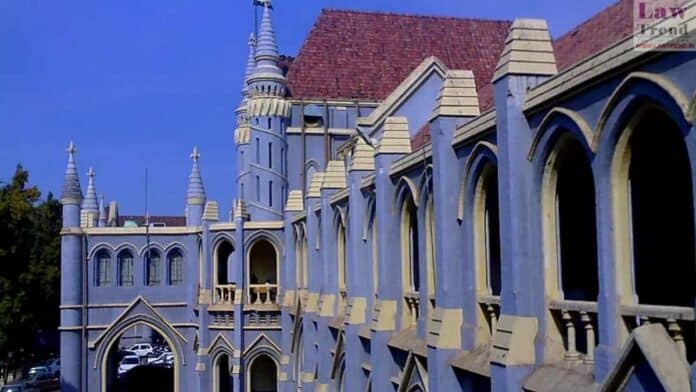In a significant ruling, the Madhya Pradesh High Court has dismissed a rape charge against a man, highlighting that he and the complainant had been in a consensual relationship for over a decade. The court’s decision came after it was found that the allegations might constitute an abuse of the legal process.
Justice Sanjay Dwivedi, presiding over the matter, delivered the judgment on July 2. The case was initially lodged at the Mahila Thana police station in Katni district in November 2021. Facing serious allegations, the accused sought legal relief from the high court.
The court meticulously reviewed the details of the relationship, noting that both parties are well-educated and had entered into their physical relationship voluntarily. The relationship lasted more than ten years but soured after the man declined to marry the woman.
Justice Dwivedi pointed out that the nature of their long-term relationship does not support the classification of the interactions as rape under Section 375 of the Indian Penal Code (IPC). He emphasized that the circumstances described by the woman in her complaint and during her statement under Section 164 of the CrPC (Criminal Procedure Code) did not meet the legal definition of rape.
Moreover, the court also addressed charges under IPC Section 366, which pertains to inducing a woman to compel her to marry. It concluded that these charges were also unfounded based on the evidence presented, leading to the quashing of this allegation as well.
Also Read
This judgment underscores the court’s stance on distinguishing between consensual relationships and criminal acts, aiming to prevent the misuse of the legal system for personal grievances.




